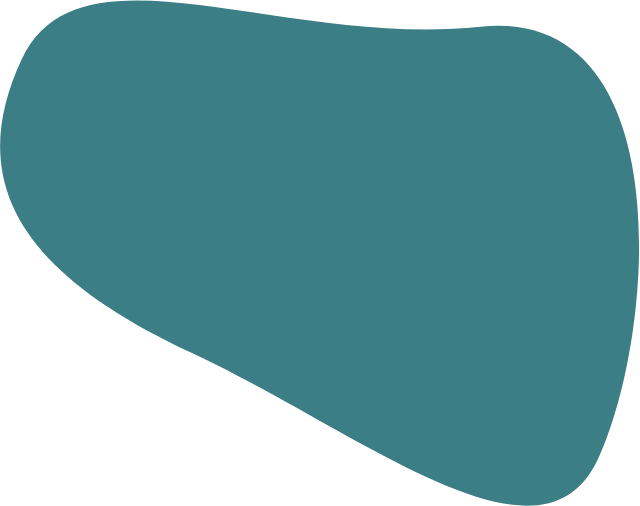
The 7 Types of Interview Questions and What They’re Really Asking
Posted on 7M to readImagine this, you get an email notification from the company you forwarded your resume to.
If you read our ‘7 Types of Interview Questions and What They’re Really Asking’ blog, you will now have a strong sense of what you may be asked during an interview (especially, if you took advantage of our free ‘100 interview questions’ guide). However, after you have been ‘interrogated’, so to speak, it is your turn to be asking the questions.
There is nothing worse in the eyes of the recruiter/hiring manager than the candidate shrugging their shoulders when they ask them “do you have any questions for us?” at the end of the job interview and their answer is “no”. Their dismissal to that question shows their lack of interest, energy, enthusiasm and commitment. This gives the recruiter/hiring manager of what they will bring to the role – nothing.
It is important to be prepared with a list of questions to ask the interviewer. Keep in mind, that there is a strong chance your questions may already be answered during the interview; therefore, it is imperative to:
So, why is it vital for you to ask questions at an interview? There are three (3) main reasons:






ONE:
A job is like a relationship, both parties have to give and take. It is just as significant for you to find your ‘fit’ as it is for the company to find their perfect match for the role. Culture, responsibilities, expectations- all have to suit your needs just as much as you have to suit the needs of the organisation. Thus, your questions need to be centered on what information is fundamental to you. You may wish to know why the role is open? What is the management style like? Salary and promotion prospects? What will be their expectations of you?
A few good questions to ask during a job interview surrounding these are:






TWO:
Asking questions at a job interview that are fact based around the organisation, shows you have done your research and thus, come across as organised, motivated and stand out from the pack. These questions come from all the research you have done on the company. An example of such questions can be:






THREE:
Asking questions at a job interview demonstrates your interest in the role. As mentioned earlier, your questions show your seriousness and desire in the position. Depending on the type of questions you ask, it can display your appeal and want for the responsibility. So, make sure your questions have some depth and relevance to them. Asking generic questions can only take you so far, for example – “what is the salary range on offer?” This is a fair question but does not show your interest in the role specifically. You do not want to come across as only financially driven. You would like to show the interviewer that you are committed to the position, your career is important, and you are looking for a long-term role. Some questions you may wish to ask during the interview to show you were listening and are serious about the role are:
Well now you know why it is important to ask questions at a job interview, however, you may be scratching your head as to how to prepare for this. Some questions may come to you during the interview. The recruiter may say something that you would like further clarification on. In all other instances, you should come organised. Reading the job advert carefully, understanding what your goals are and researching the company are the best ways to get the questions flowing. For instance, the job advert would highlight the key responsibilities; you may want further clarification on one or two of them.
Your own personal goals could be around career development, growth, learning and so forth. Questions centered on this will clarify a lot for you, as well as express to the recruiter your motivations. And finally, by researching the company, you may discover something interesting and want to learn more, such as their personal growth and development, their vision and mission and their cultural programs. When researching the company, look beyond their website – check out their LinkedIn profile, see if you know any employees who currently work there that you could reach out to, there may even be some published articles about them.
The more research you do, the better thought out your questions can be.
If you are still stuck for ideas, check out the guide on the Indeed job search engine: 50 Unique Questions to ask in your Next Interview.
Happy job hunting,
My Career Angels

Imagine this, you get an email notification from the company you forwarded your resume to.